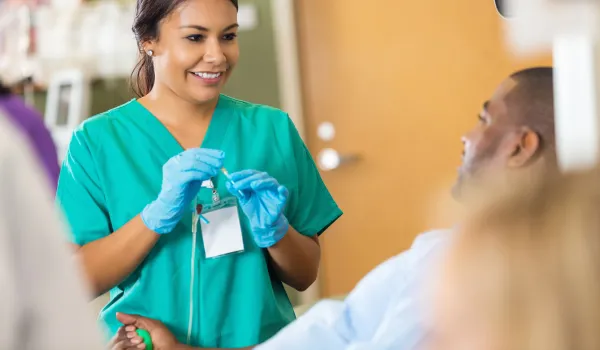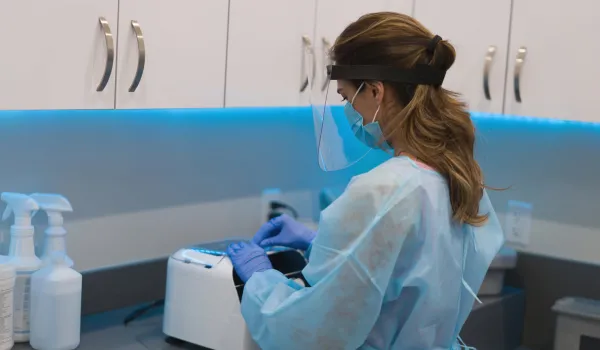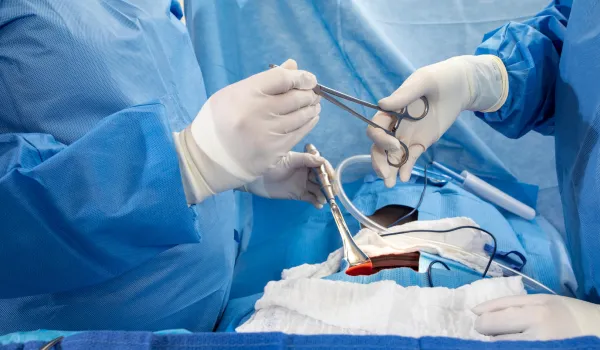Concorde Staff

Do you know that by 2030, the Administration on Aging estimates that 20 percent of Americans will be age 65 or older? No segment of our population is more at risk for tooth decay and gum disease than people over 65 with natural teeth, and increased numbers of older adults are keeping their teeth longer.
A study by the Centers for Disease Control reported that only 15 percent of the elderly had satisfactory oral health. With increased attention placed on the proven relationship between oral health and physical health, it's a great time to be a dental hygienist. The U.S. needs large numbers of well-trained dental professionals to keep pace with the oral health care needs of the older adult population. Jobs in this sector are projected to grow at a higher-than-average rate of 33 percent, according to the Bureau of Labor Statistics.
Special needs that seniors bring to your chair
Good dental hygiene is hard for many seniors to practice consistently. Arthritis in the hands or arms can make brushing and flossing painful. Seniors who struggle with memory loss might forget to care for their teeth. Others with dementia may become frightened or combative when asked to brush and floss at home.
Routine dental hygiene visits help elderly individuals retain the ability to smile, chew, and talk for as long as possible, maintaining their dignity and self- respect.
Here are some professional tips for establishing trust when you care for elderly patient's dental needs. You want to connect with the unique person seated in front of you emotionally as well as physically.
Seniors with dementia especially require warm emotional relating as opposed to logic or reasoning. Try to be personalized and creative in your approach, based on what you observe and sense about your patient:
- Learn your patient's medical and personal history
- Reveal a bit about your personal history, family, children, and funny pet anecdotes
- Share faith-based, inspirational stories if that's important to each of you
Dr. Judith Jones, an American Dental Association expert on elder care, advises that nonverbal communication is more important than verbal when working with dementia patients who can easily misinterpret your actions. She stresses the importance of asking them to perform one action at a time:
The Family Caregiver Alliance suggests talking your patient through the steps, or modeling the steps yourself, of a behavior: "Give the person the toothbrush with toothpaste already on it and put your hand over theirs to start the up and down brushing movement to help get started."
Lastly, adopt the philosophy of Geriatric Dental Hygiene Services:
"We value the wisdom and experiences possessed by the elderly, and believe they deserve patience and respect."
Concorde's dental hygiene program can help you put your passion for helping others on the fast track to a rewarding career. Call today and one of our advisors can have you caring for the elderly in your community in as few as 17 months.
Interested In How To Become a Dental Hygienist?
Click here to explore a Concorde Dental Hygiene Program near you!
Take The Next Step Towards a Brighter Future
Interested in learning more about our Dental Hygiene program? We have a Concorde representative ready to talk about what matters most to you. Get answers about start dates, curriculum, financial aid, scholarships and more!






